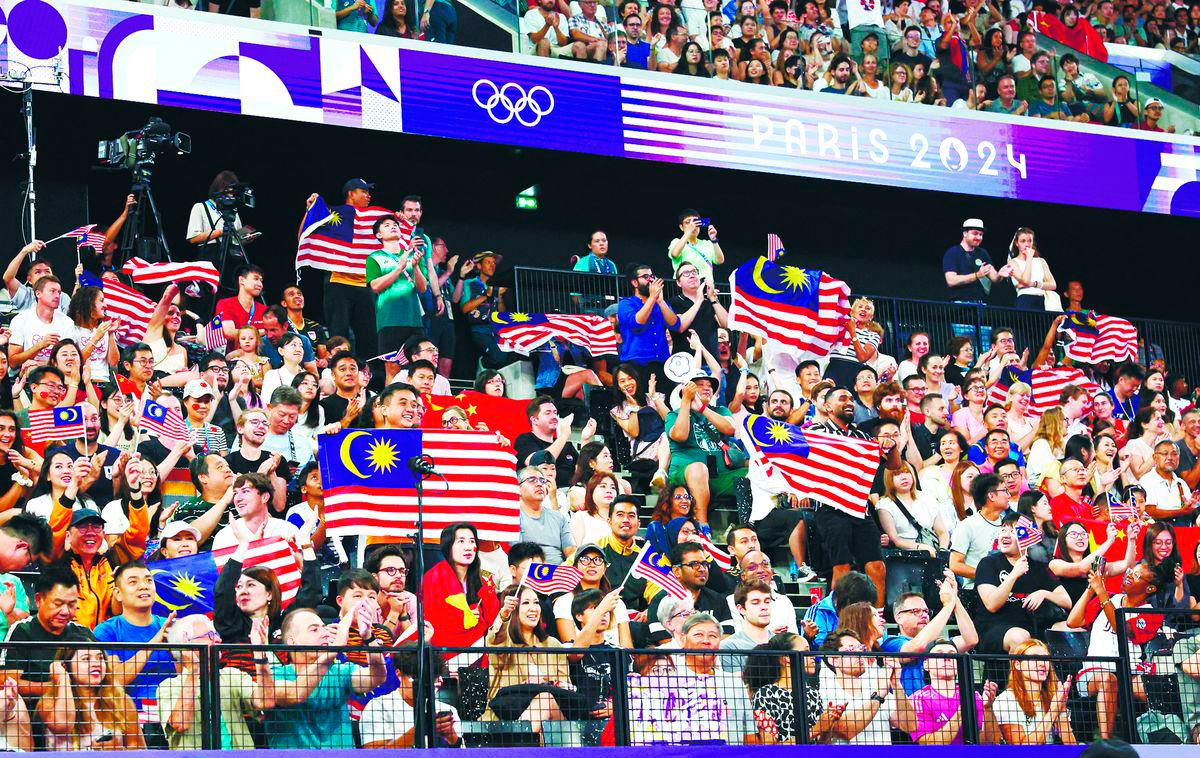I WAS inspired to write this after listening to the Astro Awani programme, Consider This: Racism in Malaysia – A 10-Year Report Card, which featured the work of Pusat Komas.
Its report, the culmination of a decade of tracking discrimination, raises a critical question for our leaders and parliament: What are they doing with this vital information?
The report makes it clear that reacting hard to individual incidents of hate is not enough. Dialogue is essential but it is not a complete solution. It is time we moved beyond symbolic statements or warning and gave the National Unity Ministry the power it needs to tackle the root causes of division.
Malaysia is a multiracial nation but our unity feels more fragile than ever. While leaders are right to speak out, talking alone is not enough.
The Unity Ministry is seen as a “nice” office but it lacks the authority to stop hate and division. To make a real difference, we need to treat it with the same importance as the Finance Ministry because a united country is the foundation for all other successes.
How do we give the Unity Ministry the “teeth” it needs? It is about taking specific, practical steps.
1. New law with real consequences
We need to move beyond warnings and create a clear legal framework. We can do this by forming a National Harmony and Unity Commission under the Unity Ministry.
This new body would have the power to:
Investigate all cases of hate speech and racial tension, based on a new law, called the National Harmony Act, a recommendation championed by Pusat Komas.
Work with prosecutors to bring legal action against people who break the law.
Make it clear that using racial slurs for political gain will have serious legal consequences. This would make the Unity Ministry a powerful player in protecting our social fabric, giving it the legal backing it needs to act, not just react.
2. Smarter unity programmes and media engagement
We need to make our unity efforts more effective by focusing on what truly makes a difference in people’s lives and on platforms where the public conversation is already happening.
Hard talk and positive stories: The Unity Ministry can collaborate with popular and independent platforms like the “Keluar Sekejap” podcast to create a space for hard talk on race issues. This would be a place where politicians and public figures can reveal their inner thoughts with a positive motive: to build a more united country. At the same time, the ministry can launch a unity fund to give grants to young filmmakers, podcasters and online creators. This would empower them to produce creative content that celebrates our different cultures and pokes fun at racist attitudes. By supporting direct, honest dialogue and positive, engaging content, the ministry can replace broad, ineffective campaigns with a modern, two-pronged media strategy.
Change our forms: On many government forms, we are asked to state our race. We should reform this system so that help and services are given based on need, not race. Our neighbour, Singapore, has shown us a good way forward. There, children from mixed-race marriages can have a hyphenated racial identity, such as “Chinese-Indian”, giving them the freedom to reflect their mixed heritage. This small change sends a big message: what matters is our shared Malaysian identity.
3. A unity report card with DOSM
The Unity Ministry needs to be held accountable for its work. We can do this with a yearly national unity index, a public report card for the country’s social health.
For this to work, the ministry must collaborate directly with the Department of Statistics Malaysia (DOSM), the nation’s most trusted data authority. The collaboration would use DOSM’s expertise in large-scale surveys to track a series of concrete real-world metrics. This includes:
Friendship circles: It would track how many of our close friends are from a different race. By working with DOSM, the ministry can get more detailed, granular data to understand where these friendships are forming and where they are not.
Fairness at institutions: It would measure if people feel they are treated fairly by government and public services, no matter their race. This is a critical metric for building trust in institutions, which is a key pillar of unity.
Community spirit: It would count the number of cross-cultural events organised by regular people, not just by the government. This would show genuine grassroots unity.
By tracking these numbers, the ministry can see which areas need the most help. If one state has low scores on fairness, the ministry can focus its efforts there. This will turn the Unity Ministry into a data-driven force for change, not just a symbolic one.
We see our unity every day in simple, powerful moments. When our national sports teams play, we cheer as one. When our police and firefighters respond to a crisis, they work side-by-side, without a thought for race. It is time we put that same spirit into our national policies.
By giving the Unity Ministry real power, we can make our unity a permanent reality, not just a special moment we admire.
Comments: letters@thesundaily.com









